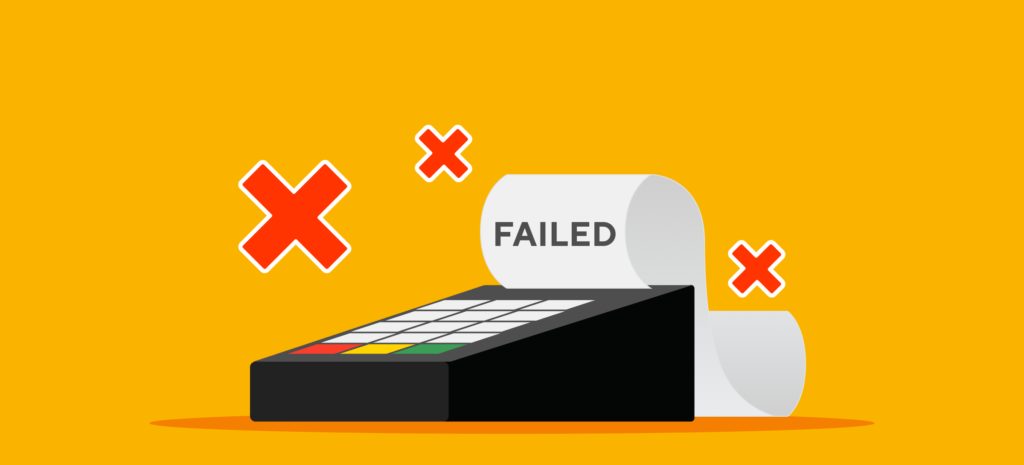
As a result of the recent Naira redesign policy in Nigeria which has led to the scarcity of physical cash, most Nigerians have had to rely heavily on internet transfers and POS transactions. However, this has led to an increased rate of failed transactions, which typically involve users getting debited without the receiver getting paid. And due to network issues, several banks have been really slow to reverse failed transactions or failed to rectify the situation altogether.
Therefore, we thought to share a few ways to reduce failed transactions when making payments in Nigeria. And here they are:
1. Test the waters before making a transfer
When making payments through internet banking, USSD or other mobile transfer channels, most people tend to proceed with their transaction without first making sure the channel is working. But in crucial times such as these where network issues from banks and ISPs are rampant, you may want to be extra careful.
Before sending a payment, test the waters first to confirm that both your mobile network and banking system are in sync and working well to allow a transaction to go through. You can do this by sending a small amount of money first to see if it’ll deliver, then send the main payment if the trial version works.
Here’s an example:
Let’s assume you want to send a sum of ₦100,000 to Mr. A for a commodity or service. However, you’re skeptical of the network stability and don’t want such an amount hanging in the air due to failed transactions. You can first try sending as little as ₦50. If that goes through, there’s a very high likelihood that your transfer of ₦100,000 will not fail.
But if the transfer of the ₦50 fails, then you can take cue to hold on for a while. In a case where you’re debited of the ₦50, it’s something you can easily forgo compared to having ₦100,000 stuck in this period where banking systems are epileptic and banking halls are barely accessible.
2. Ask your POS agent to run a test amount first
Most Nigerians have had to turn to POS operators for cash withdrawals as most ATMs are either not dispensing or crowded by people. Also, several shops and retailers are heavily reliant on it to get paid for their goods and services.
However, the system is also susceptible to failed transactions. And you may receive a debit alert despite your payment not going through or the system declining your card. So how do you save yourself from the psychological stress of having a bulk of your money hanging?
The solution is similar to the one for mobile transfers. Simply speak to the POS agent or seller to try a small amount first. If it goes through, they can go ahead to carry out the main transaction.
For example, say you want to withdraw ₦5000 via POS agents or you’re about to buy something worth ₦5000 from a seller. If you’re wary of the possibility of a failed transaction, tell the agent or vendor to kindly enter between ₦50-₦100 first. If that goes through, that signals that your main transaction has a high chance of being successful. Otherwise, you can stall making the original transaction.
Final thoughts on avoiding failed transactions
Please be very careful in this season. Do not unnecessarily provide your ATM PIN or banking details such as BVN and the likes to anyone. In case of any failed POS transaction, make sure you get a receipt. Also, in your quest for cash, be very vigilant so you don’t receive fake notes.



















